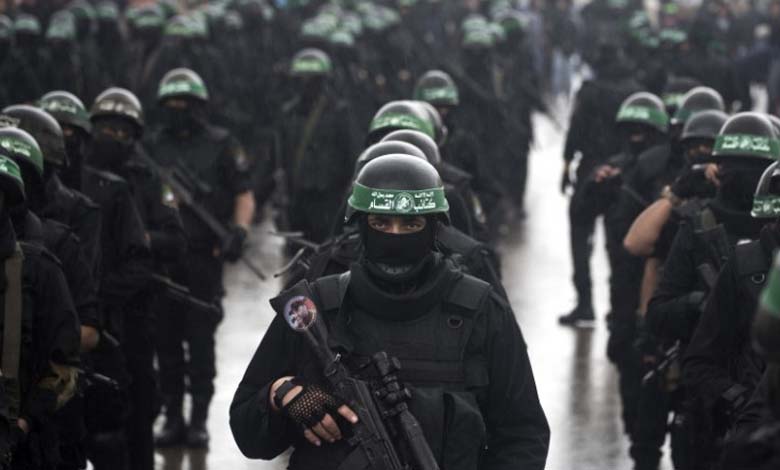After spreading its terrorist fingerprints in the Middle East, will the Arabs stop the Iranian threat train?

Over the past few years, Iran has been the main cause of the threat to the Middle East region, spreading its influence throughout the area, from Yemen to Syria, Lebanon, Iraq, and even Libya. It sought, according to some observers, ethnic cleansing and the restoration of the glory of the Persian Empire using its proxies in these countries, notably Hezbollah in Lebanon, Shiite militias in Iraq, and the Houthis in Yemen. Iran posed a significant threat to Arab countries that managed to confront this danger.
Political crises have escalated recently in Yemen, Lebanon, and Iraq due to Iranian interventions. The restoration of relations between Iran and the Arab world is contingent upon resolving these crises and ceasing interference in the internal affairs of Arab countries, in addition to addressing its nuclear program, which has become a major concern for the Arab world due to the ongoing threats from the Iranian Revolutionary Guard to the region.
Terrorist Footprints
According to the British newspaper “The Telegraph,” the Islamic Revolutionary Guard Corps’ fingerprints are spread throughout the Middle East, Asia, Europe, and America, with its terrorism reaching Lebanon through Hezbollah, Gaza through Palestinian Islamic Jihad, as well as Syria, Yemen, and other places.
Iran is a expanding state that undermines security wherever it reaches. It undermines global security and seeks to develop nuclear weapons. Arab and Western countries are therefore working to ensure that Tehran does not acquire nuclear weapons.
It is using terrorism as a tool against anyone it considers an enemy, including those who oppose the regime. Moreover, the Iranian regime seeks to obtain nuclear weapons that would allow it to achieve regional dominance. International Efforts
According to the British newspaper, international efforts to thwart Iran’s pursuit of a military-grade nuclear weapon have so far been fruitless. The Iranian government ignores all international standards. The International Atomic Energy Agency recently published a report showing that Iran has enriched uranium to a level approaching 90 percent enrichment.
International attempts to stop Iranian terrorism continue, whether through international pressure and sanctions or through diplomatic channels. Arab and Western countries have intensified these efforts recently, linking the cessation of the Iranian nuclear program to the lifting of all imposed sanctions. However, negotiations have not yet achieved the desired goals.
It seems that these Arab-Western efforts are the only means to stop the Iranian terrorism train and the threat it poses to the stability of the Middle East region. Despite the failures in dealing with the challenges posed by the Iranian regime, there is still hope. Taking a firm international stance against the extremist Iranian regime, coupled with economic and political pressure, as well as a credible and significant military threat, can bring about a change in Iranian policy both externally and internally towards its citizens.












